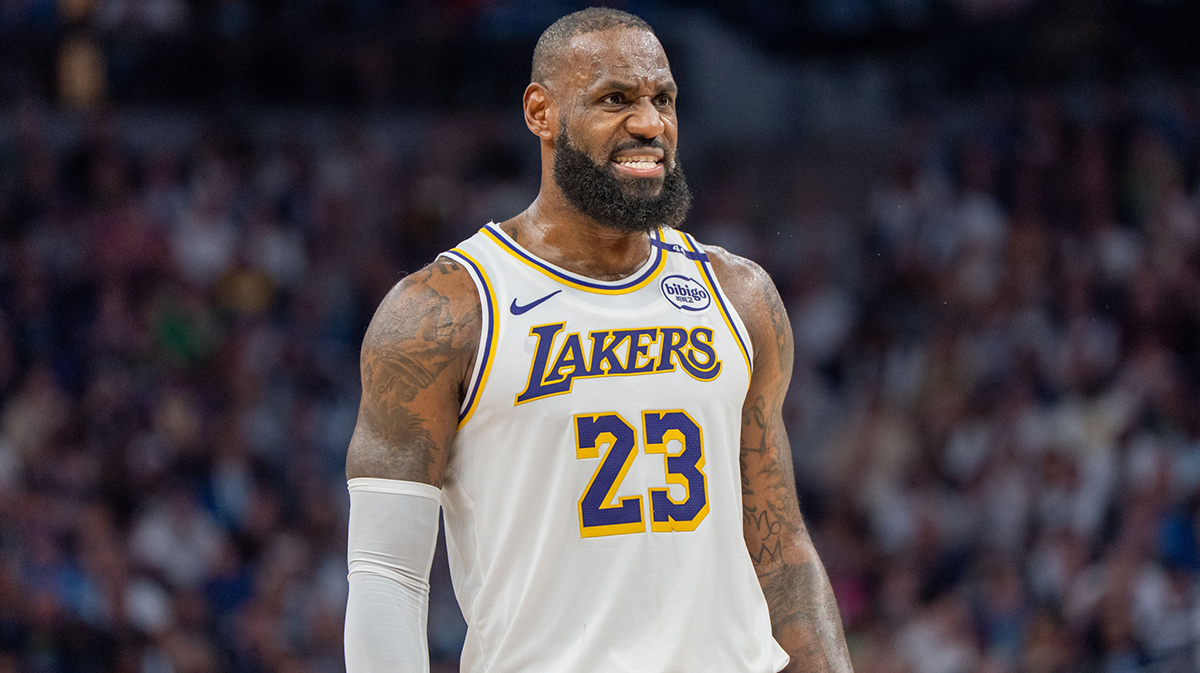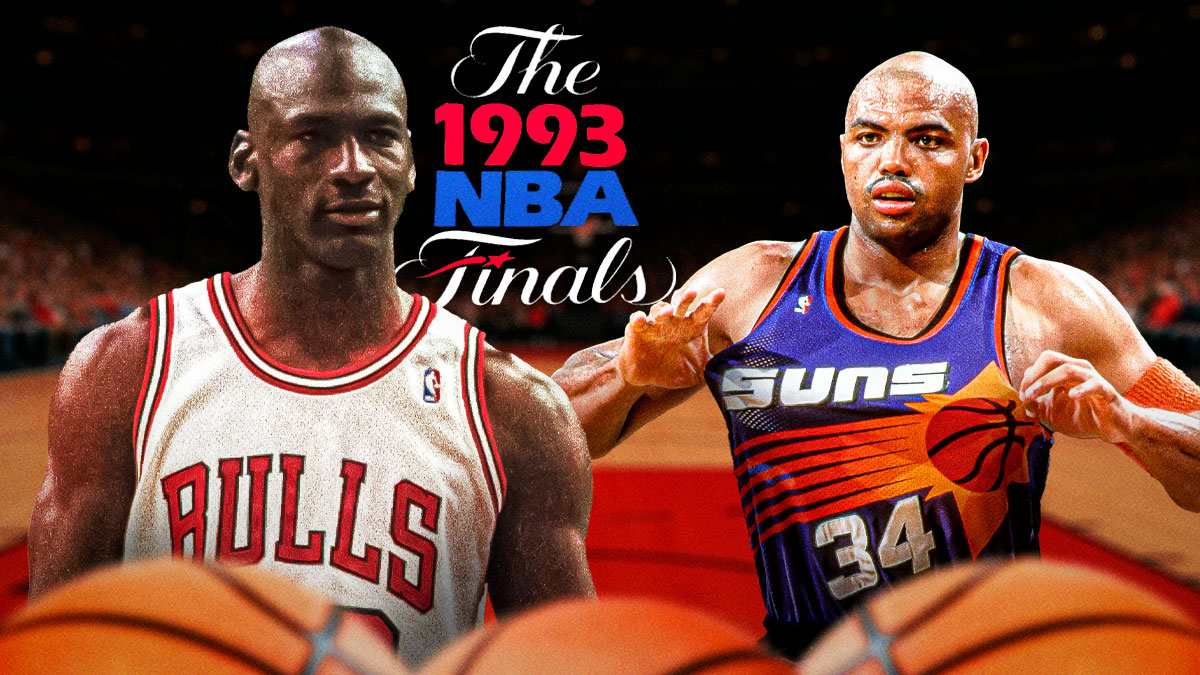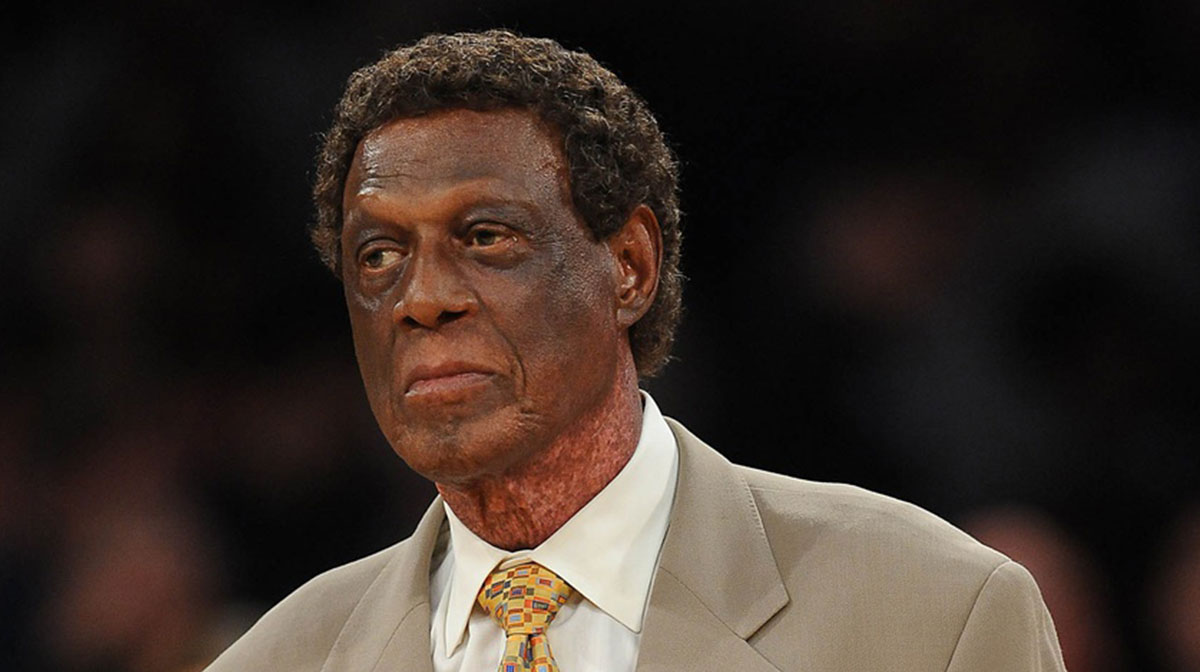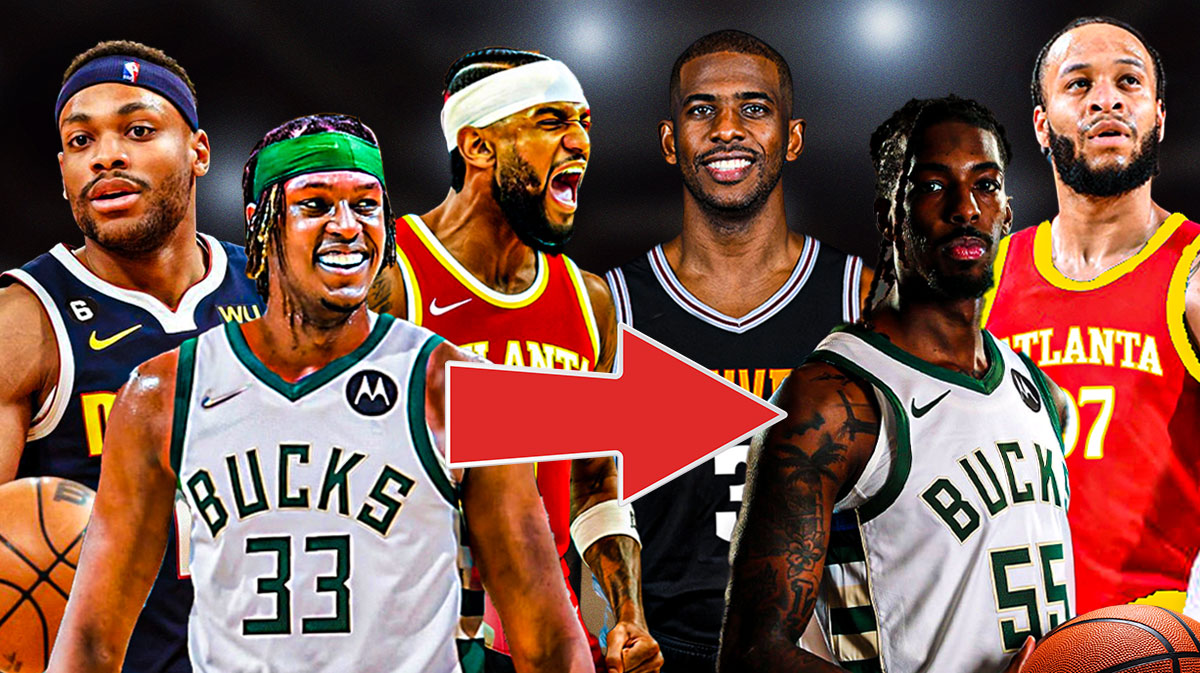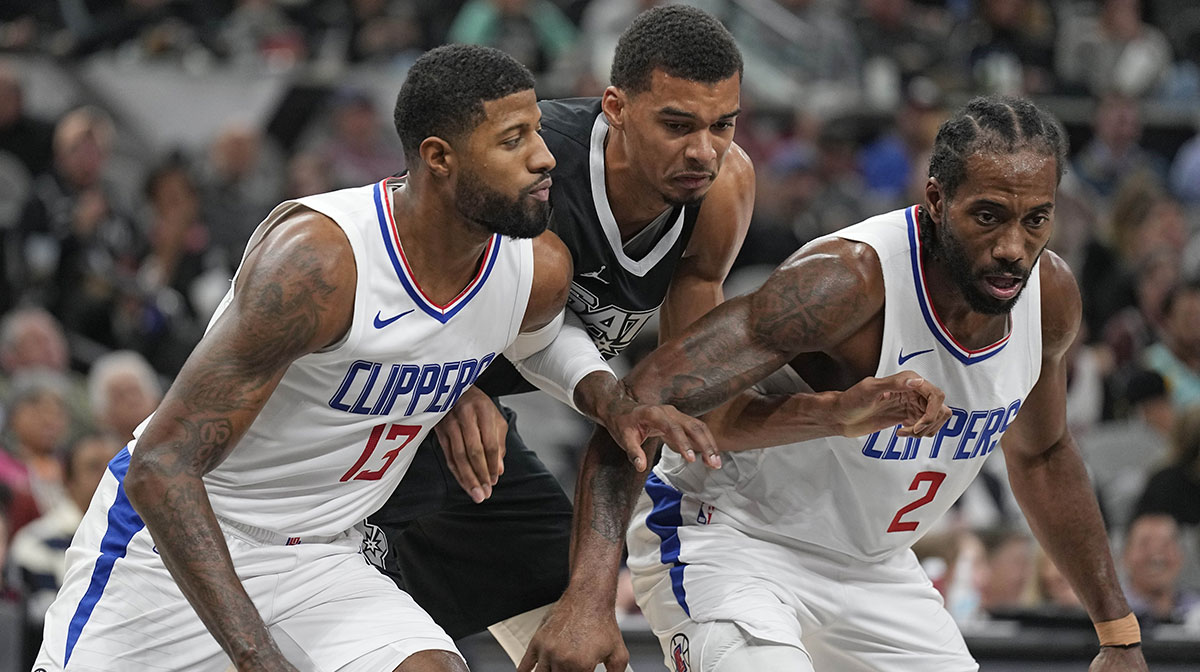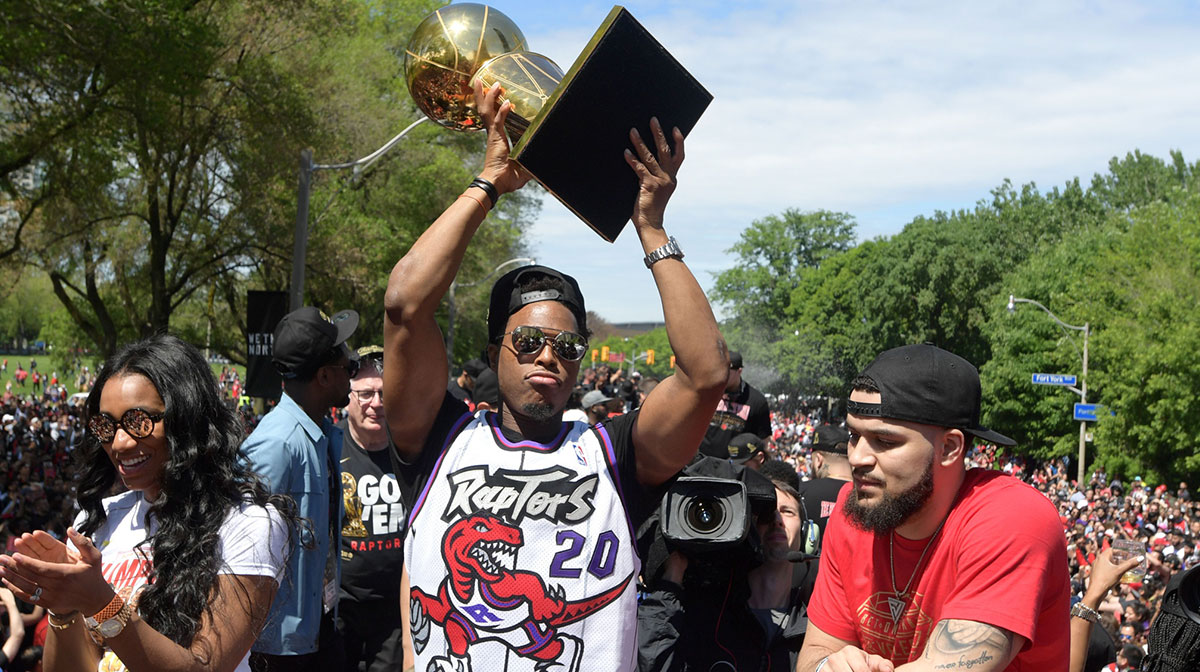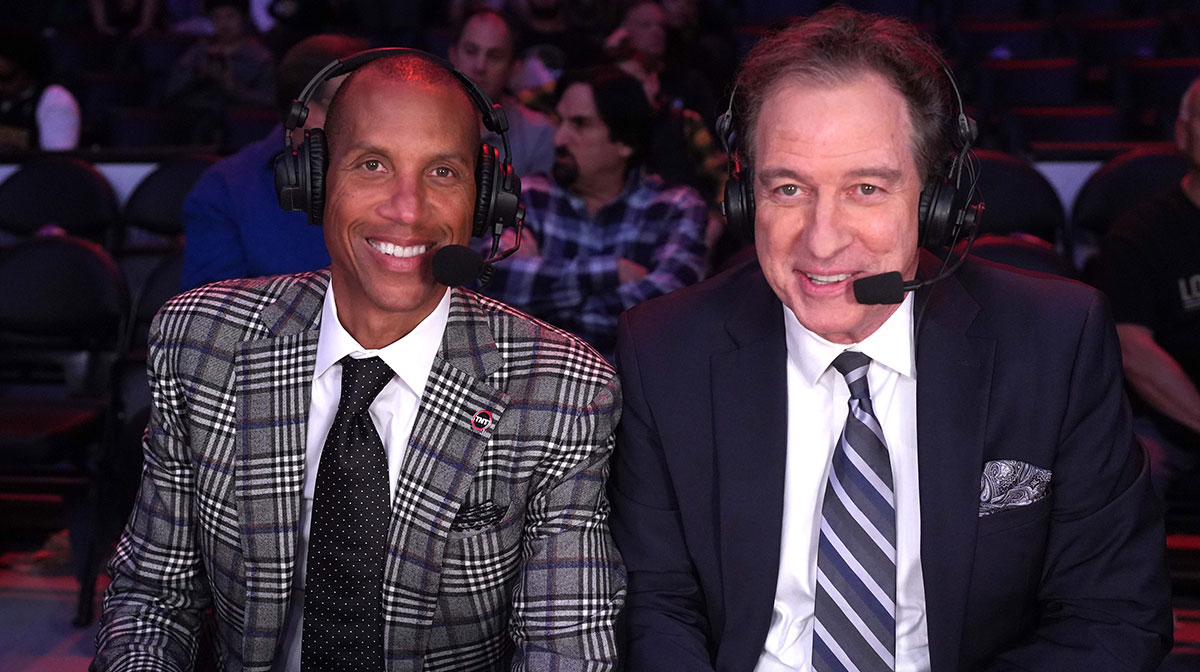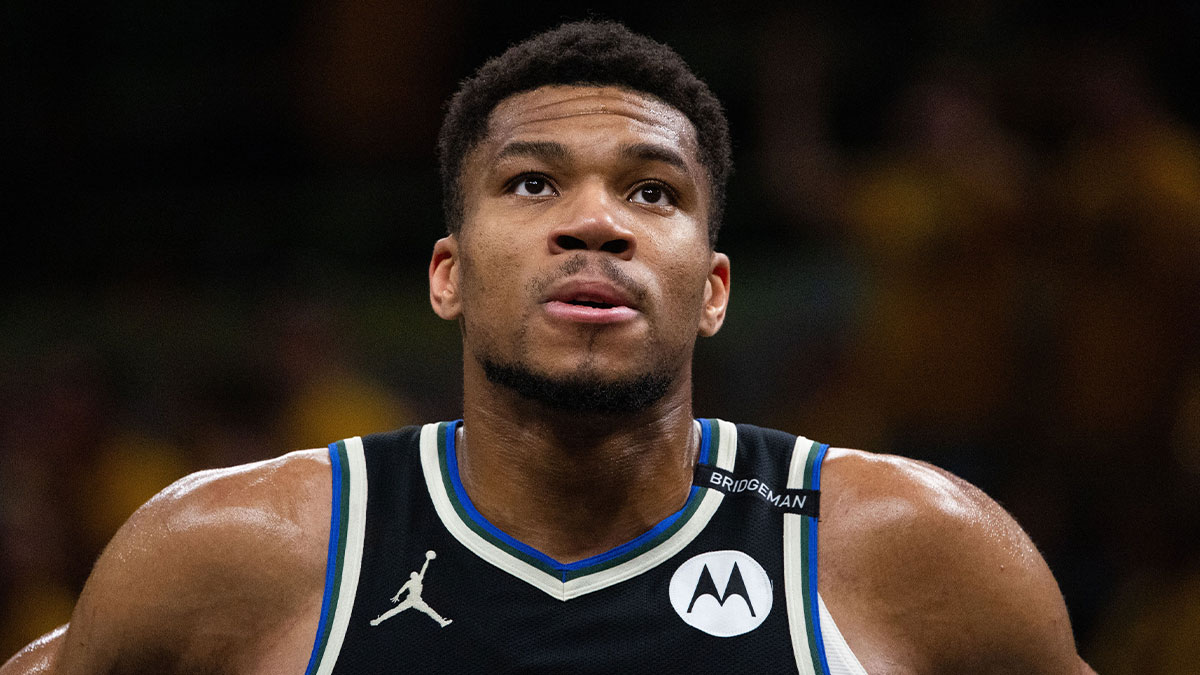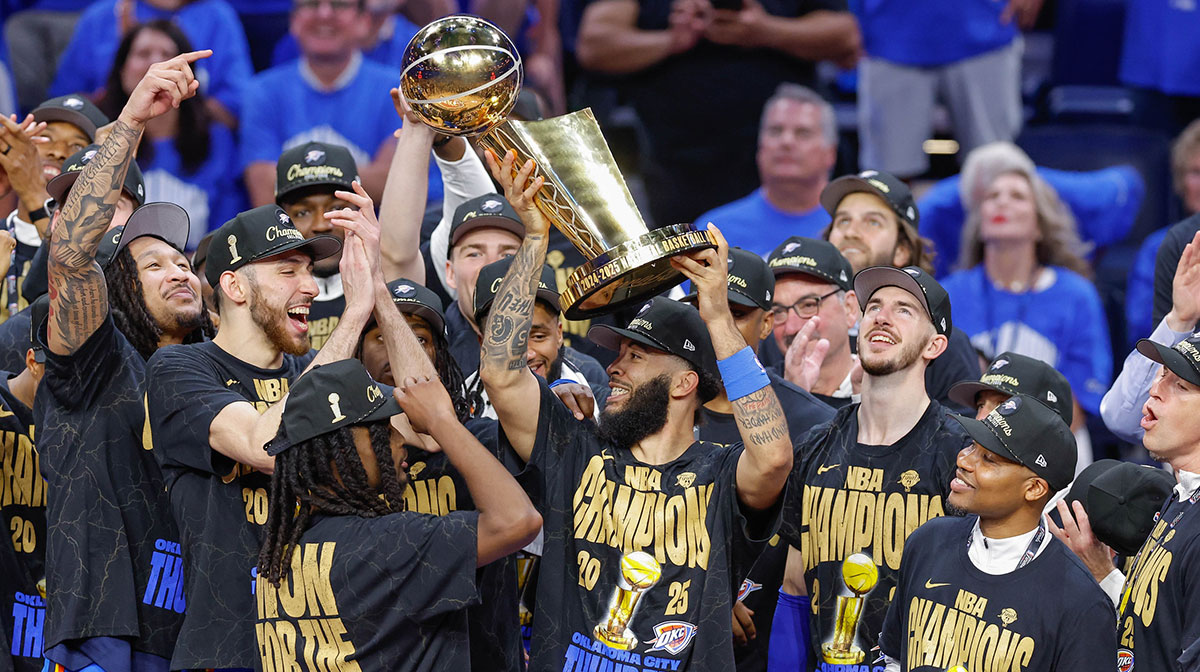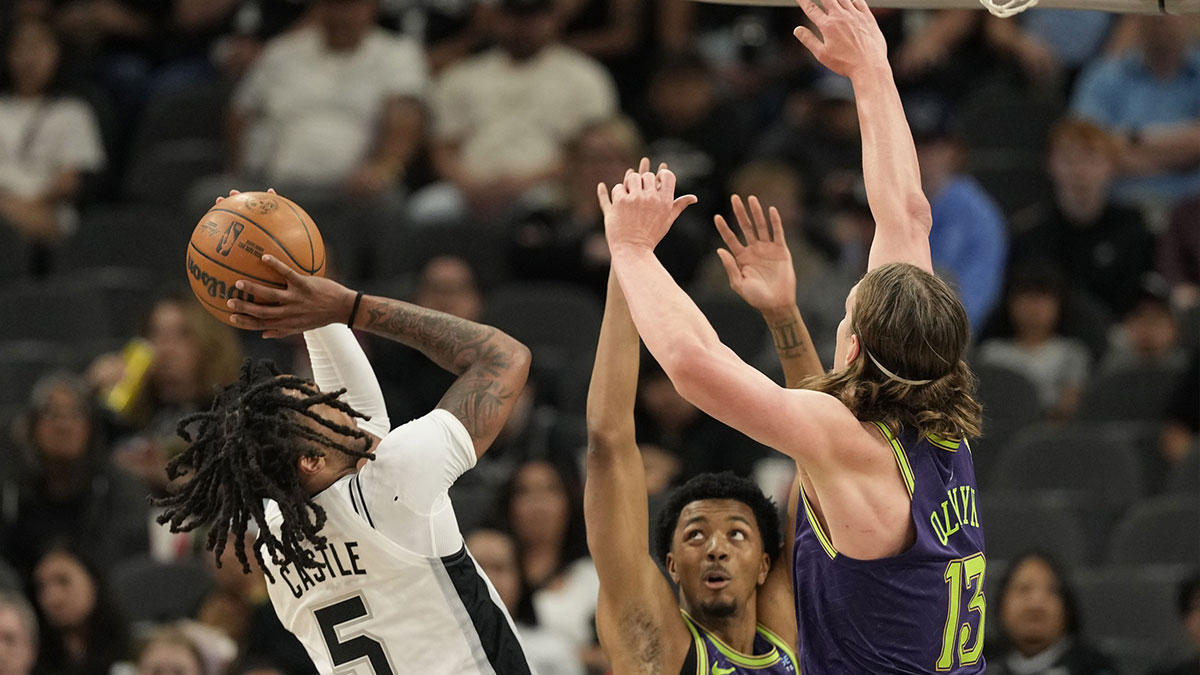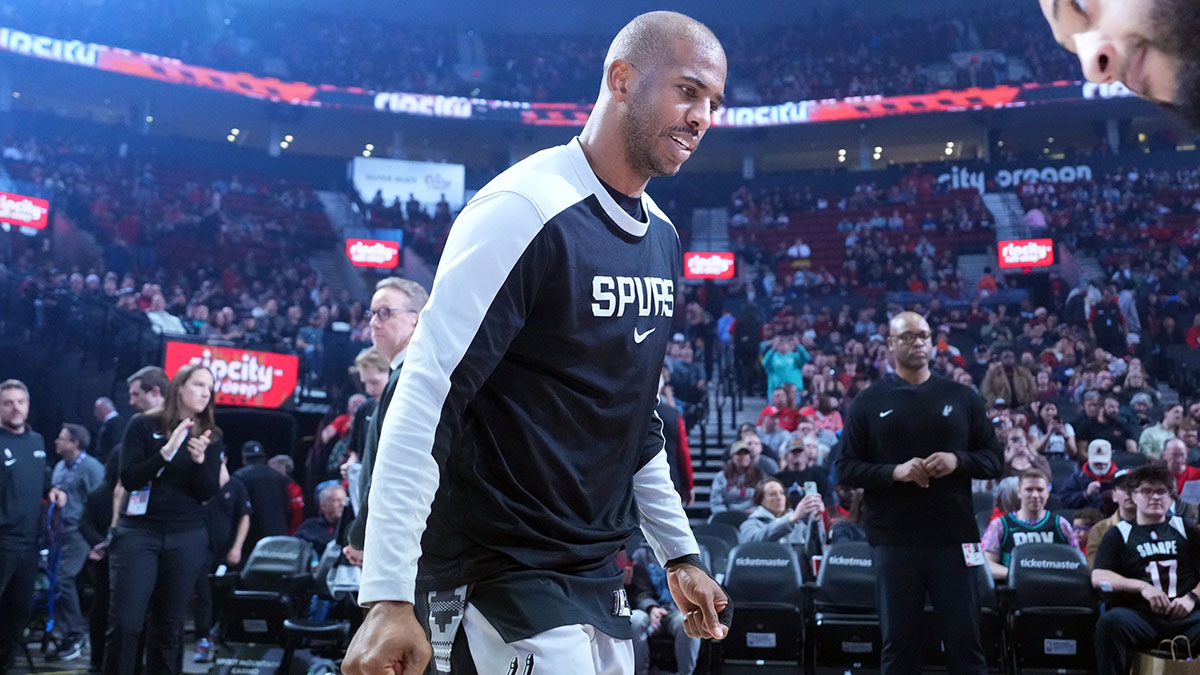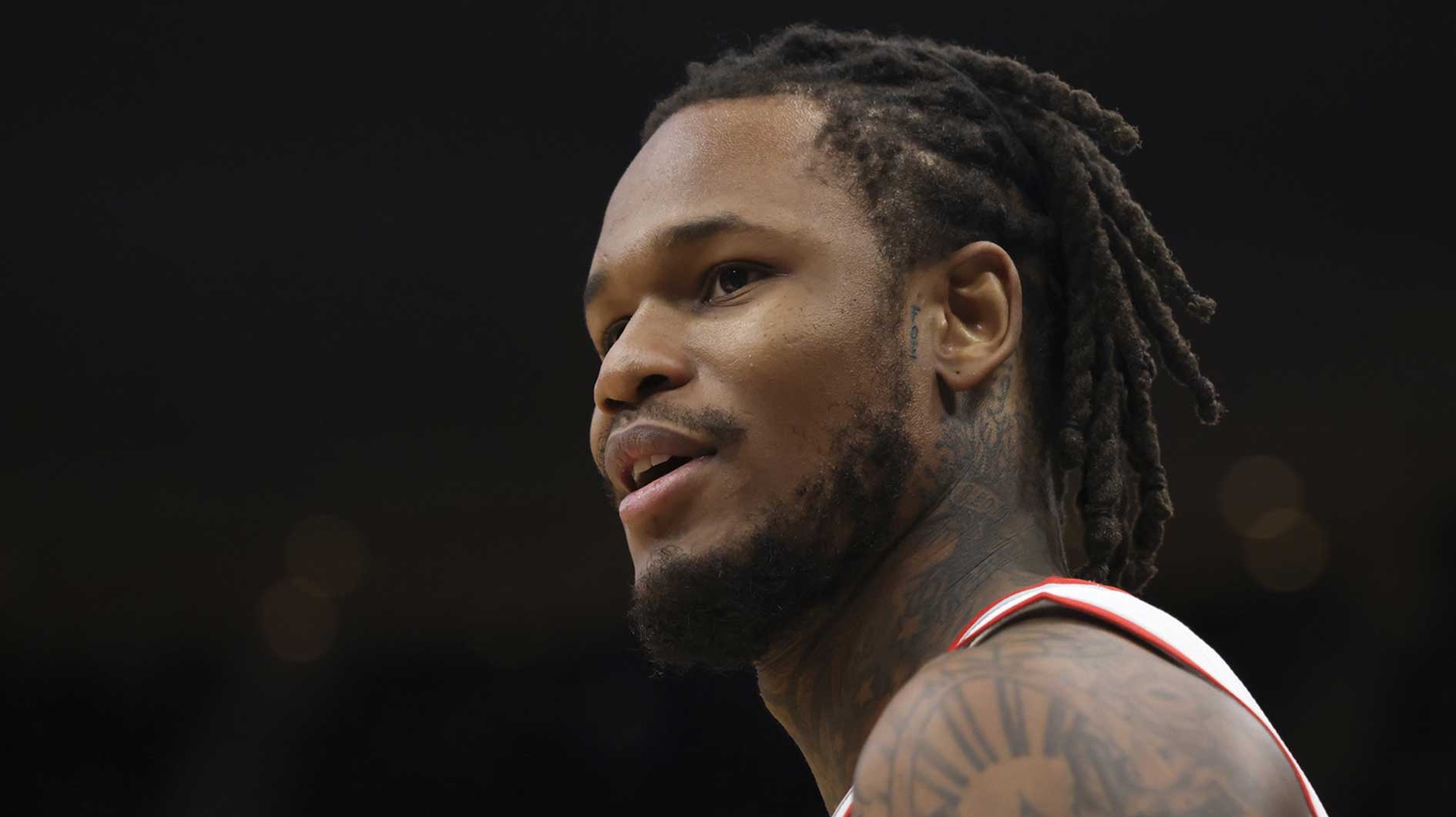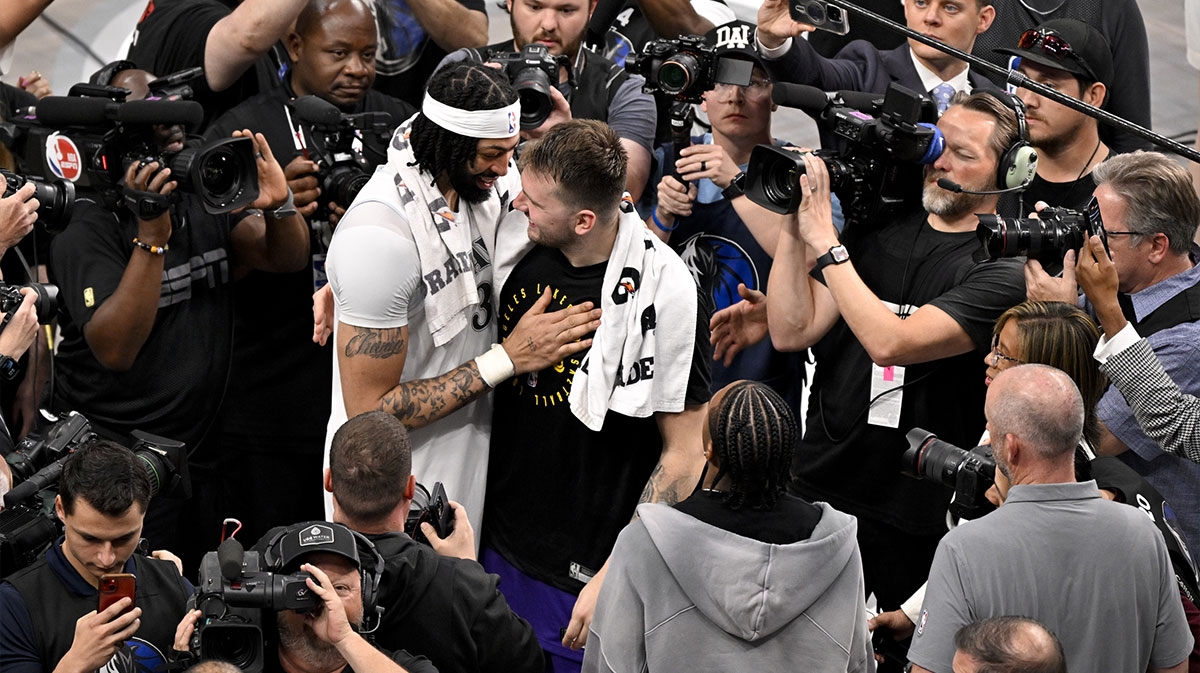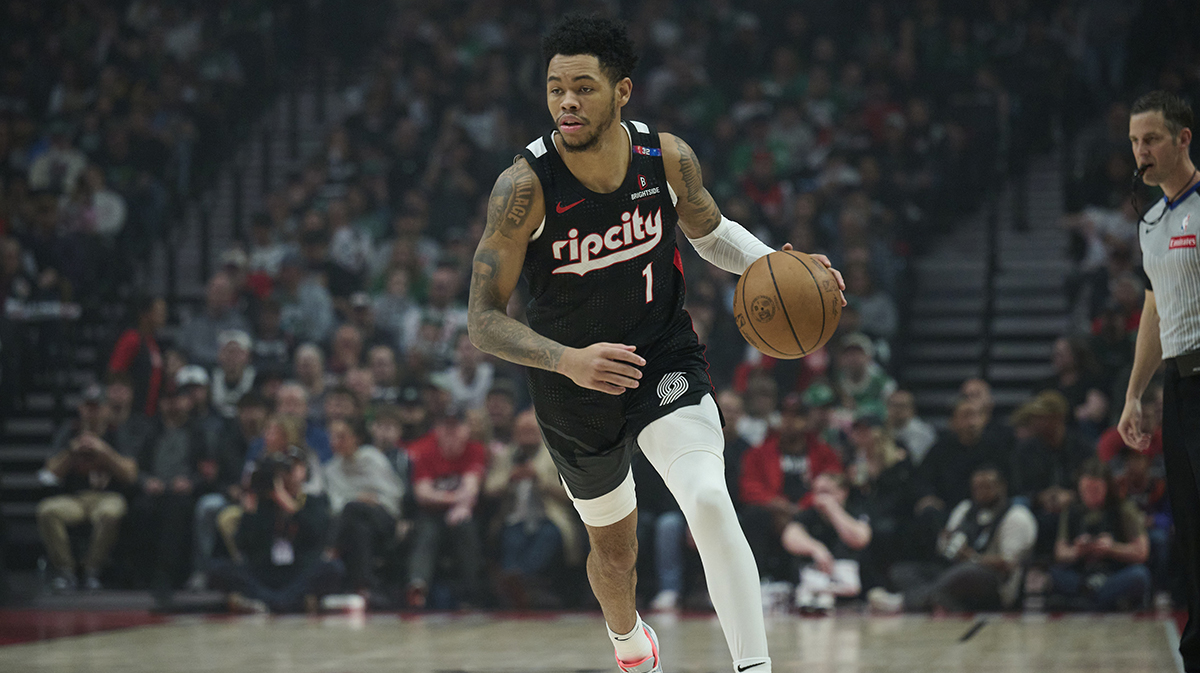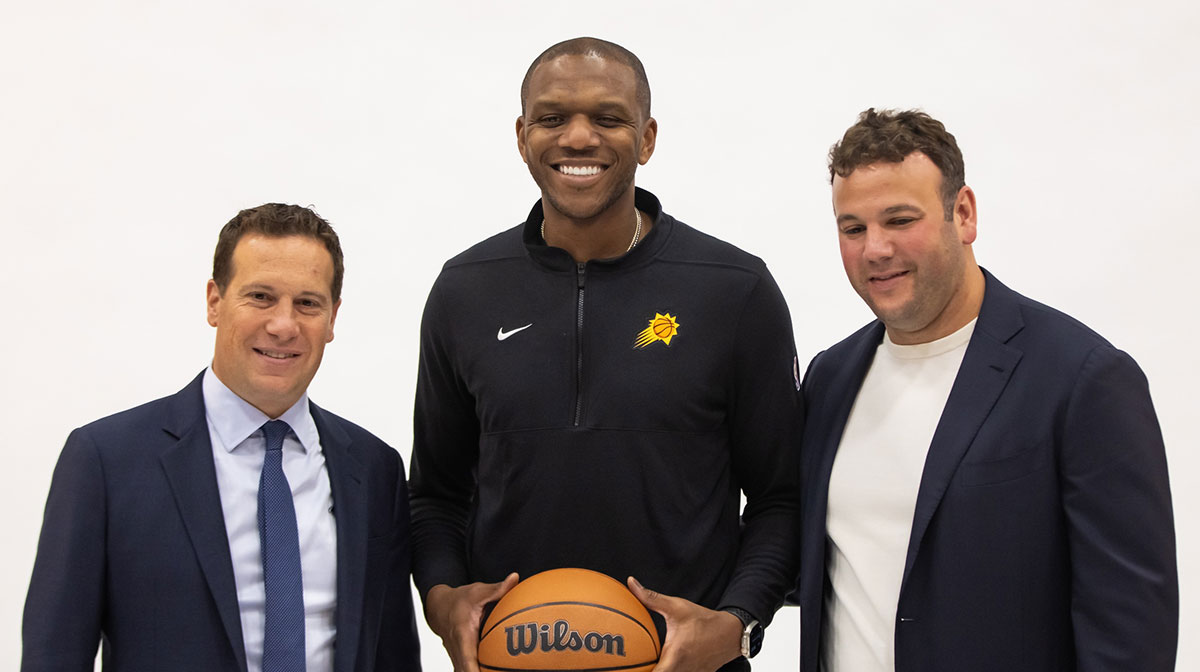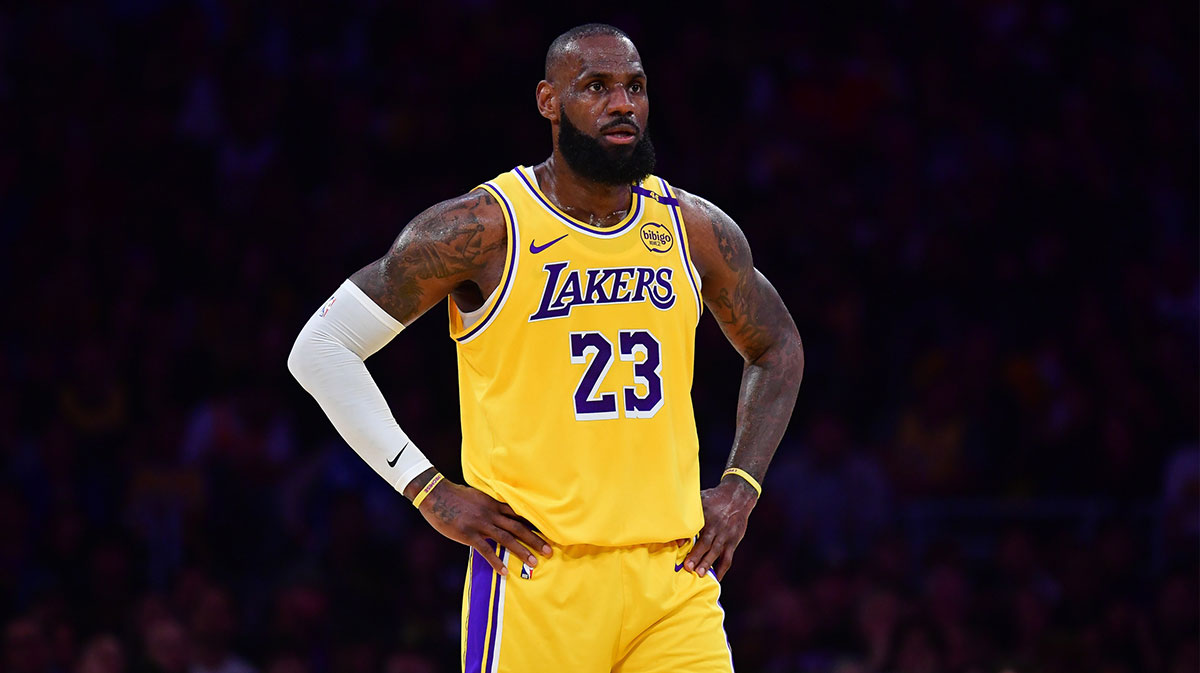Just a couple of seasons ago, the consensus among the NBA fanbase was that Brandon Bass is the only true answer to the question of who is the most average player in the league.
While Bass seemed like a decent selection at the time, anyone who watched at least a few Celtics games could perfectly envision his silky smooth mid-range jumper and furious drives to the basket.
The fact that he possessed even a single trait that made him stand out in the NBA crowd eventually warranted some deeper analysis on who actually deserves the elusive distinction of the most mediocre NBA player.
That research produced some interesting results over the last three years. The most average player in 2014-15, for example, was your friendly next-door neighbor with an appropriately bland name – Wesley Johnson.

The subsequent MAP award winners were equally middling, not particularly impressive players: Darrell Arthur in 2015-16 and Kelly Olynyk in 2016-17.
To determine the most average player in the NBA, several sets of factors have to be considered. First of all, it's important to define the biological frame of an average player. Luckily, that information is readily available at Basketball Reference. For several seasons now, the NBA player has, on average, been 26.5 years old, 6′ 7” tall and weighted ~220 lbs (the average weight is currently on a slight decline).

That defined frame then needs to be “filled out” by something substantial, i.e. the stats which represent the player's production on the court. At first, it seems logical to simply gather the numbers of all the players and find an average for each statistical category, but since we're looking for a middle-of-the-pack guy, applying the median function actually makes much more sense.
This season, a total of 279 players played in at least 70% of available games, which gives us a solid pool of relevant players who have an actual impact on the game to work with. Using the median function would, therefore, mean that the player in approximately the 140th spot on the ESPN leaderboard for each relevant category represents the average player's production in that particular area.
This season, that would mean that the average player:
- scores 10.0 points per game, just like Marcus Smart
- grabs 3.9 rebounds per game, just like Klay Thompson
- dishes out 1.8 assists per game, just like Andrew Wiggins
- snatches 0.7 steals per game, just like Jordan Clarkson
- records 0.4 blocks per game, just like Evan Turner
Let's take a look at how those average player numbers stack up against the stats from the past few seasons that were calculated using the same method:

The model average player has been quite consistent over the last four seasons. It is interesting, however, that he is scoring in double digits for the first time, which is another piece of evidence that non-elite, role players are becoming increasingly essential to team success. The 10/4/2 guy is not necessarily a starter on your run-of-the-mill team, but he is an important contributor, either as the worst starter or an invaluable sixth man. In a typical 10 or 11 man rotation that makes him exactly what we're looking for – the average player.
The prototype of the 2017-18 Most Average NBA Player has thus been created, so it's time to find out whether there is an actual player who perfectly fits that mold. The best available tool to do that is the Player Season Finder, which enables the user to set desired ranges when searching for a specific individual season.

This season, a full roster of 12 players fits the bill pretty nicely when considering just the basic stats. This whole group deviates just a single point from the average prototype in terms of points, rebounds and assists, and at first glance, it indeed is a pretty average bunch of players.

In order to further narrow down the selection pool, only players who were markedly close to the required numbers (just a 0.5 point difference in each category) were considered. That cut down the number of viable players to just the two top candidates – Michael Kidd-Gilchrist and Joe Harris.
Judging by the basic stats, awarding any of those two guys the prestigious Most Average Player title would be a legitimate decision. At this point, advanced stats and, more importantly, the eye-test, have to be utilized to make the ultimate distinction.
While their PER's are virtually identical (13.2 for Kidd-Gilchrist and 12.9 for Harris) and notably close to the league average of 15, the box plus/minus gives a clear advantage to Harris who just a tad worse than the estimated average player.
Furthermore, just like Brandon Bass who initially spurred this discussion, Kidd-Gilchrist has a unique flavor to his game – his unconventional shooting form. While he isn't a household name by any means, the majority of casual NBA fans have likely stumbled upon a depiction of one of the quirkiest shooting motions in NBA history, courtesy of MKG.

On the other hand, Joe Harris does not particularly stand out in any aspect of his game or career. The average NBA fan is likely not even 100 percent sure what he looks like, and any talk revolving around him starts and ends with the fact that he is a shooter on an irrelevant team. To add to that, Harris even has a good case of surpassing Wesley Johnson for the most commonplace name among all the Most Average Player candidates.
The factor that tips the scale even further and makes Harris the absolute winner in this pivotal duel is him being the perfect biological specimen of an average NBA player. Harris is 6′ 6”, weights 219 pounds and is precisely 26.5 years old. That gives him almost a perfect score in all of the tests that a true MAP has to pass – the bio test, the basic and advanced stats test and the eye test.

When you think about, Harris is actually an excellent representation of what the modern NBA is about – being at least decent in all aspects of the game, with a tendency towards perimeter shooting. While he definitely won't be making headlines over the course of his career, he would, under the right set of circumstances, be an appreciated addition to any team.
Balanced players who are fully aware of their role within the team make up the foundation of this league, and Joe Harris or, rather, The Average Joe, has been exactly that over the course of this season.

